Last Updated on August 6, 2019 by Angela Colonna
Located in Winter Garden, Do Good Farm’s mission is to end hunger and malnutrition through education and training for individuals and their communities. Do Good Farm was created to not only grow organic, healthy food but to teach people how to sustainably grow this food.
“We want to teach people about healthy foods they can make part of their diet but also give them training on how to grow it themselves or for their local community,” said Josh Taylor, founder and operator of Do Good Farm.
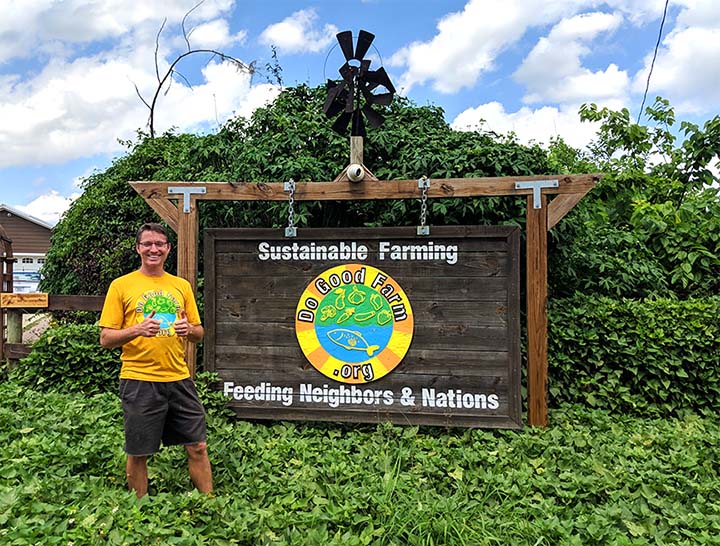
Established in 2010, Do Good Farm is a non-profit organization and is driven by its three-part system: food, farming systems and training.
Food
The food produced at Do Good Farm was chosen to be grown because it is acclimated to the Florida climate and is grown organically. Food items include tomatoes, yams, tindora, cranberry hibiscus, varieties of greens, passion fruit, bananas and cacti in addition to herbs like oregano and basil; a diversity of produce to say the least.
“We find food that grows well in Florida year-round but want a variety of colors and textures,” Taylor said. “A green is not just a green; there are many flavors and shapes you can toss into a salad.”
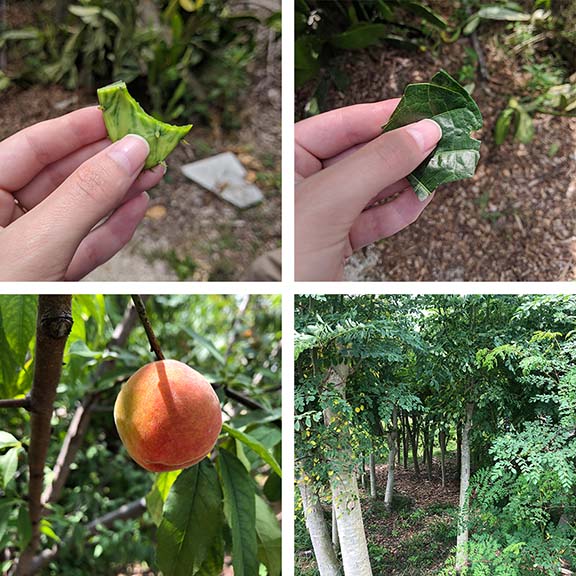
Food grown at the farm is used at local eateries such as House Blend Cafe. Do Good Farm also hosts the event The Dinner Bell at the farm, offering a five-course gourmet meal to highlight how local produce can be made into high class dishes. All proceeds support projects in Winter Garden, Florida and Burundi, Africa.
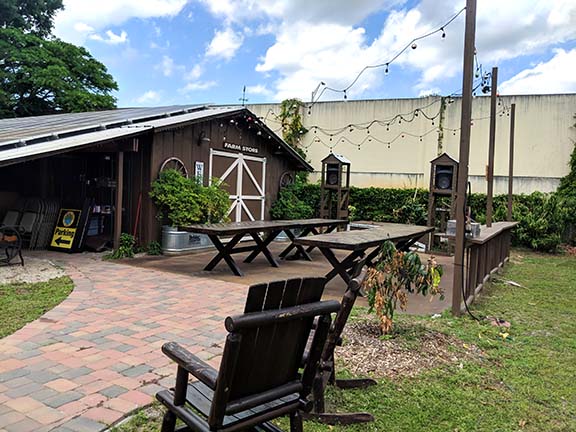
Farming Systems
The farming systems at Do Good Farm are heavily influenced by the ideals of permaculture, or a closed-system approach that is self-sustaining. Permaculture systems are designed to have infrastructure that supports itself in addition to an understanding of how the soil, water, climate and energy inputs produces food. Here is another interesting read about permaculture.
The infrastructure and natural elements of an area should work together in the ecosystem, not against each other. For example, growing edible crops instead ornamental crops offers both food and aesthetics for a landscape; each plant has its purpose.
DoGood Farm has an aquaponics system to support lettuce production. The system has a tank of tilapia and uses their waste as source of fertilizer for food production. The lettuce is grown in a greenhouse setting enabling production to take place throughout the year. The nitrogen cycle is highlighted here to show why the nitrogen from the tilapia (aka their waste) is vital to fertilize the soil and support healthy plant growth to create a self-sustaining farm, rather than discharged somewhere else as a pollutant.
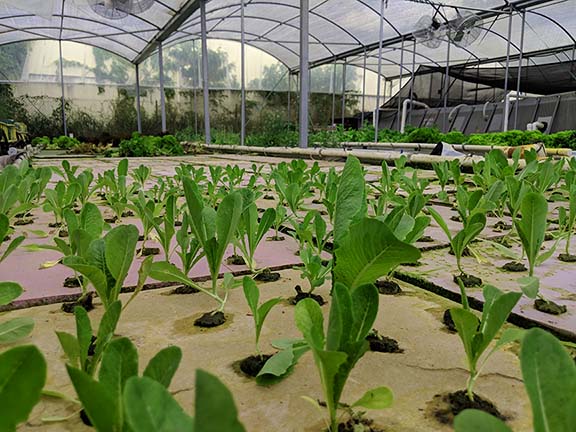
The main goal is to lessen waste outputs by closing waste loops—waste from one thing can be used as input for a crop or farm animal. Another way Do Good Farm is closing waste loops is to maintain black soldier fly larvae.

The black soldier flies act as real-life composters who breakdown food and animal scraps; whereas, traditional composting or worm composting only breaks down organic materials. When the larvae become adults, they move to higher ground so they follow the ramps in their bin toward collection trays. The black soldier fly adults then are used to feed the farm’s chickens (see above photo).
Training
Training is important to Do Good Farm so they can help others understand how to grow their own food, reasons why to grow their own food and what to do with this food.
Education and training about the nitrogen cycle, nutritional value of food and recipes enables people to better themselves and community.
The Do Good Farm vision sums this up well by honoring the saying ‘give a man a fish, and you feed him for a day. Teach a man to fish, and you feed him for a lifetime.’
“We want to empower people with knowledge to support their success even after we are done training them,” Taylor said.
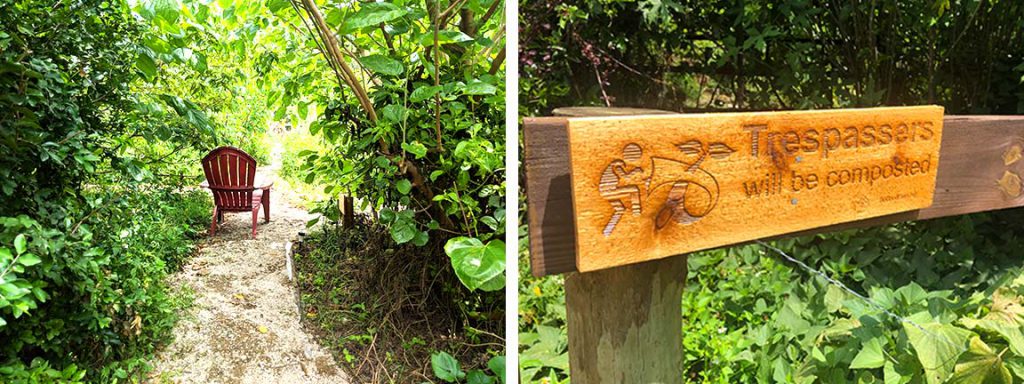
If you are interested in hands-on experiences, Do Good Farm offers volunteer and internship opportunities. More information can be found here.
If you are interested in becoming a partner, check out this page.
 0
0
